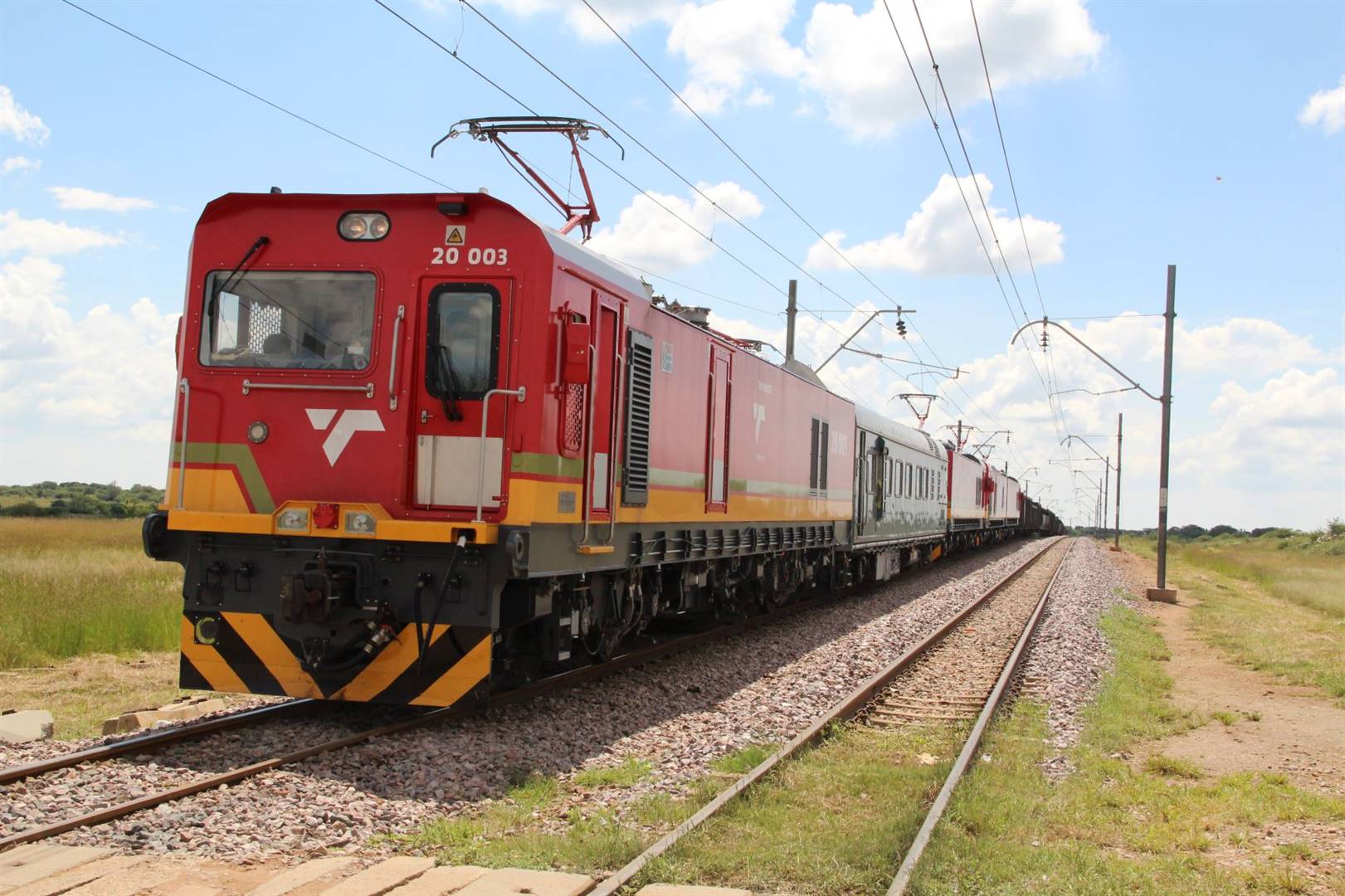
Transnet has defended itself against comments by the Minerals Council that it is hobbling the mining industry, saying that it is up against formidable obstacles, such as theft and vandalism, a shortage of locomotives and spares, deteriorating infrastructure and an outdated pricing structure.
It said that notwithstanding the past year's natural disasters, service disruptions were not out of ordinary with similar railway operations globally.
It also blamed the media for its negative spin on the council's comments, saying that the two parties have had "numerous transparent engagements."
Addressing the Joburg Indaba Summit on Wednesday, Minerals Council CEO Roger Baxter said that the deterioration of Transnet's capacity in rail and ports has cost the mining industry R50 billion in lost opportunities in 2022 alone. He noted that volumes have fallen dramatically over the past three years.
For example, between 2015 and 2019, SA exported 72 million tons per annum of coal, but by 2021 this had fallen to just above 50 million tons per annum. Baxter said that the council estimated that 2022 will be no better.
In a statement on Thursday, the company said:
It said that through security measures of its own and those of law enforcement and customers, it reduced the number of security incidents by 35% over the past year. But this was still double the pre-pandemic situation.
In the year ending March 2022, it had increased the volume of iron ore transported by 5% on the previous year, which in turn was an increase in export volumes on 2021. It said the Ore Corridor remained an "internationally acclaimed heavy haul railway operation".
"Notwithstanding unprecedented disruptions related to natural disasters including extreme weather [floods, heat waves and windstorms] and locust plagues. Transnet Freight Rail (TFR)'s operations, disruptions, including derailments, while they did occur, are not proportionally out of the ordinary compared to similar railway operations globally," it said.
Transnet acknowledged that the coal export line, or north corridor, had been most severely affected by the shortage of locomotives and the refusal by original equipment manufacturers to sell spares. Transnet was well advanced in reaching settlements with both companies. It said it remained confident that in 2022 it would deliver the volumes committed to the Minerals Council.
While mining companies had received record sums for its commodities, Transnet had continued to lose due to an outdated pricing model, designed to assist coal miners when coal prices were low. But, Transnet had not enjoyed any upside benefit to the commodities boom.
"Talking Transnet down does not assist in developing these solutions. It affects local business sentiment and potential investor sentiment and is not helpful. The Minerals Council of SA talks about lost opportunity and yet all mining houses within the MCSA reported super profits for the past financial year on the back of Transnet’s service. And yet TFR continues to operate at a loss," it said.

